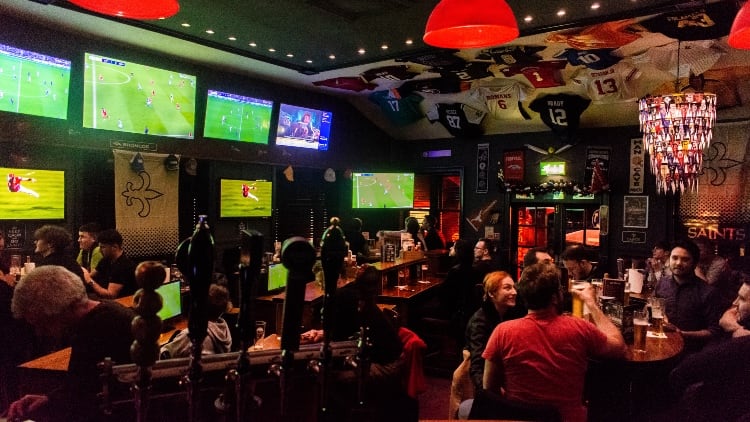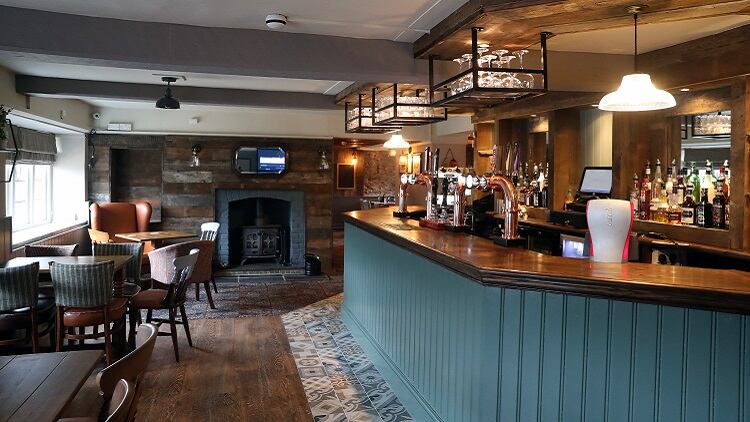The latest Market Recovery Monitor revealed just over 90,000 premises across Britain were trading at the end of September, compared to around 115,000 licensed premises recorded by CGA in March.
While the number of licensed premises operating increased by a net figure of nearly 4,000 sites in September, this is a sharp decrease on the 15,500 sites that opened during August, when increased consumer spending and the popularity of the Government-backed Eat Out to Help Out scheme encouraged many operators to resume trading.
Making up shortfall
Openings were found to have slowed in September after business and consumer confidence was dented by new trading restrictions, according to CGA and AlixPartners’ findings.
“Britain now has about 25,000 fewer licensed premises than it did before the pandemic, and the big question is how much of that shortfall will ever be recovered,” said Karl Chessell, business unit director for food and retail at CGA explained.
“While there are encouraging signs in some parts of the market, it is clear that capacity is closely following the pattern of suppressed consumer demand.
“August was a strong month of recovery for hospitality in both site numbers and trading, but these figures show that momentum has stalled.
“Very damaging new restrictions in Scotland and areas of England will undoubtedly weaken the market further, and sustained Government support is urgently needed if the industry is to protect sites and jobs over the autumn."
Rate of reopening
The research did however find that pubs have been much quicker to reopen than restaurants, and that more than nine in 10 have resumed trading.
In the restaurant sector, nearly nine in ten (87.3%) casual dining venues are open, yet with many of the sector’s biggest players – such as The Restaurant Group, Wahaca and Pizza Hut – announcing Company Voluntary Arrangements (CVAs) or closure programmes, there are now 1,200 fewer sites than there were in March.
What’s more, ongoing measures such as social distancing and the controversial 10pm curfew are making conditions far tougher for late-night operators according to the report, with less than three quarters (73.2%) of bars and barely half (56.2%) of nightclubs currently trading.
Independent challenges
The Market Recovery Monitor also found that there are now 21,000 fewer independents trading than before the pandemic hit in March, with less than three quarters (73.3%) of independent businesses reopening compared to nine in ten (91.7%) managed sites.
In London, three quarters (75.6%) of all sites were found to have reopened, significantly less than other major cities including Manchester (83.6%), Liverpool (85.6%) and Edinburgh (82.3%).
“Companies and their investors are deeply concerned about the spectre of new restrictions, such as those introduced in parts of Scotland and those expected to follow in the north of England,” AlixPartners managing director Graeme Smith said.
“Cash remains king and operators will continue to seek ways to preserve as much as they can, but there is a significant risk that without increased Government support in affected areas, businesses will not be able to survive further lockdowns.
“The sector is steeling itself for tough times ahead as we head into the autumn and winter months.
“Those that have taken on additional debt to survive this crisis will have a focus on how quickly profits can recover in order to pay this back and recover shareholder value. Of course, there is pain to come but the net result could be a set of leaner and more agile companies.”



